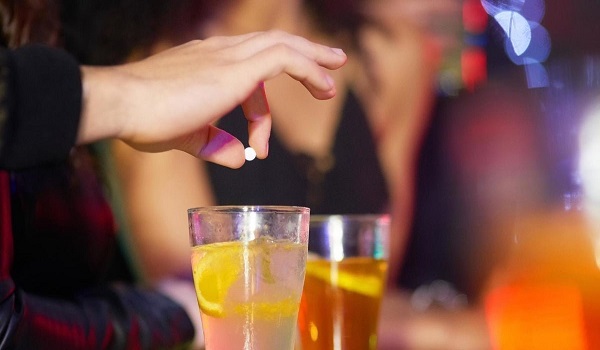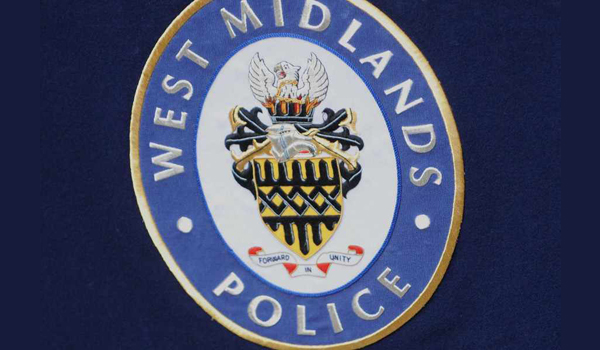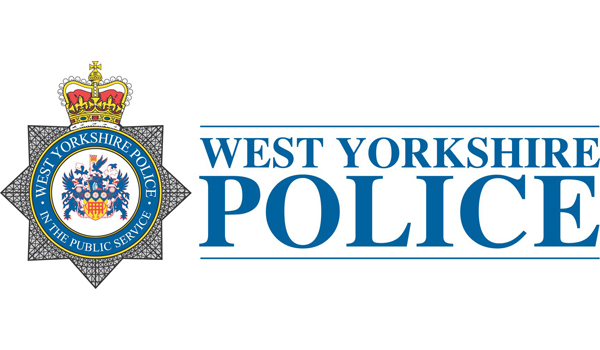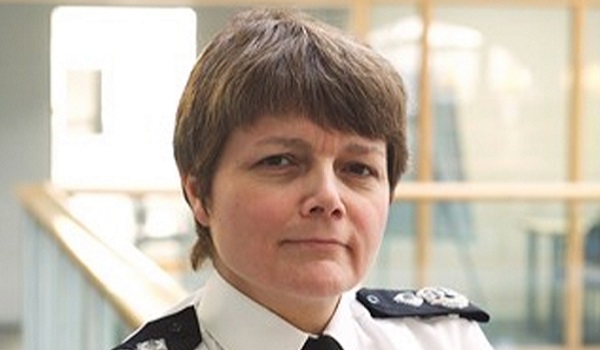MPs call for more action on 'invisible crime' of spiking
Bars and clubs with a bad track record on spiking should be required to improve if they are to have their licences renewed, MPs have said.
Not enough is being done to support spiking victims and it will remain an “invisible crime” unless action is taken to improve awareness, according to a report by the Home Affairs Committee.
It said it is difficult to know the true scale because a culture of victim-blaming and a lack of coordinated support has meant many incidents are going unreported.
But creating a new criminal offence for spiking, which the Government is considering, would make victims more likely to come forward and signal to perpetrators that such behaviour will be punished.
The committee, which held an inquiry into spiking earlier this year, said places where spiking is more likely to occur, such as pubs, clubs and festivals, must be safe for all.
Local authorities and licensing authorities need to ensure that venues have adequate security and staff trained to identify spiking incidents, it said.
And venues with a bad track record on spiking and wider issues relating to violence against women should have improvement measures required as part of their licence renewal.
The MPs also said there is insufficient data on prevalence, location, method, perpetrators and their motivations, which is acting as a barrier to policing.
A public awareness campaign should emphasise the importance of reporting incidents to the police, but victims should also be able to come forward anonymously.
According to a survey run by the committee, 84% of victims said they did not receive support after the first time they were spiked, and 72 per cent said they did not report the incident.
The questionnaire was completed by 1,895 victims and 1,413 witnesses between December 2021 and January 2022.
Most victims were female, with 139 victims identifying as male and 21 people choosing “other”, and most respondents were younger than 25, although victims of all ages took part.
Nightclubs were the most common venue where spiking was reported to have taken place, followed by pubs and private parties.
The committee said victims’ access to forensic testing is poor, and the Government must place a duty on all police forces to provide quick testing of a quality that can be used as evidence in court.
The Government should commission research to aid understanding of spikers’ motives, and improve the prevention of attacks.
The low number of successful prosecutions means there is no clear deterrent for spikers, so the Government should examine what barriers exist and devise strategies to overcome them.
Home Affairs Committee chair, Dame Diana Johnson, said victims are often left with feelings of “self-doubt and vulnerability” as they have little idea what happened or who spiked them.
“It isn’t good enough to tell people to put lids on their drinks or normalise taking a testing kit out with you,” she said. “Everyone should have the right to go out and enjoy themselves without fear.
“The message needs to be sent to perpetrators that spiking is absolutely unacceptable and will be punished.”
Safeguarding Minister Rachel Maclean said: “Spiking is a cowardly act which can ruin lives, so I welcome this report and will carefully consider every recommendation.
“The Home Secretary has confirmed the Home Office is looking at how best to prepare a specific criminal offence and has asked the National Police Chiefs’ Council to urgently review the extent and scale of the issue.
“We have already reclassified GHB and introduced harsher sentences for anyone found with this spiking drug on them without cause. And are not afraid to legislate if it will help the police and courts better tackle the issue.”
The Association of Police and Crime Commissioners joint leads for addictions and substance misuse, Joy Allen and David Sidwick, said the report includes several recommendations that could “bring improvements to the way spiking incidents are reported and investigated”. These include improved data collection by police forces, better access to forensic testing and development of a national anti-spiking strategy to promote best practice.
They said: “Alongside other measures, we agree that the creation of a separate criminal offence for spiking would send a clear message to perpetrators that this behaviour is not acceptable and could encourage victims in coming forwards to report incidents.
“We will consider this report and its recommendations as part of our ongoing work, which includes engaging with national policing partners, the night-time economy and other organisations on a coordinated response to tackle spiking, identify offenders and support victims.”







